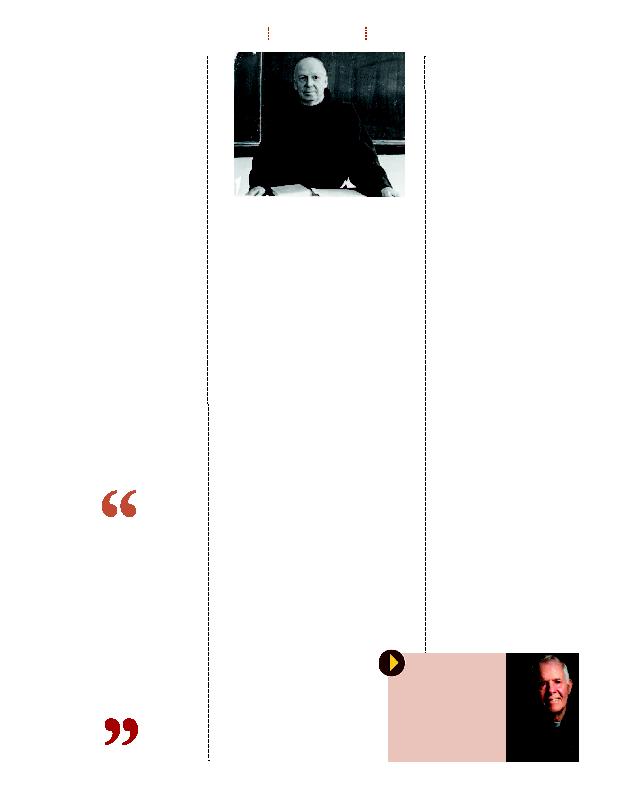
his unit, the 11th Armored Division, as the
soldiers liberated concentration camps in
Mauthausen and Gusen, Austria.
ing burial services for nearly 3,000 inmates
of the notorious Nazi camps. Six months
later, the chaplain had a new assignment
as the Catholic chaplain for the Nazi war
criminals awaiting trial at Nuremberg.
the Order of Friars Minor. (He completed
his studies at Butler, N.J., receiving his B.A.
from St. Bonaventure in 1932.) Fr. Sixtus
was ordained in 1934 and went on to
study extensively in Germany, returning to
the U.S. in 1939 to take a teaching assign-
ment at Siena College as World War II
began.
providing religious support to their coun-
try's enemies. Despite the horrific crimes
leveled against these men, the Al-
lies had decided they deserved spir-
itual support.
men facing trial; a Lutheran chap-
lain, Henry Gerecke, was assigned
to the others. Both clergymen
spoke German well. Fr. Sixtus'
mother spoke German when he
was growing up and he'd studied
adults in a college setting, and not
even have to go to class," she said.
Bonaventure in 2008, and she
hopes that she can instill in her stu-
dents some of the Franciscan val-
ues that she cherishes.
many stories about St. Francis; this
makes it easy to use him as an ex-
ample for how we should live,"
she explained. "I hope that the
Franciscan spirit helps students to
see that living according to the
Gospel isn't easy, but it is possi-
ble."
pressed, or they are not sure where
they're going in life -- and that
leads some of them to isolate
themselves, to feel alone, and to
feel unloved. I try to let them know
that God loves them, that I love
them, and that others love them,
especially when they don't feel
that they are lovable," she said.
from SBU in May.)
2
O'Connor, the son of a schoolteacher and
construction worker who'd come to up-
state New York from Ireland. After enter-
ing the novitiate, he received the name
Sixtus after Pope Sixtus IV.
May, SBU alumni and friends had
the rare opportunity to meet one
of the priest's contemporaries, Fr.
Moritz Fuchs.
Chief Prosecutor Robert H. Jackson
and had met Fr. Sixtus during the
tribunals. In May, the Alumni Office
hosted a gathering at the Robert H.
Jackson Center in Jamestown, N.Y.,
(Jackson's hometown) in conjunc-
tion with a visit to the center by Fr.
Moritz and the premiere of a docu-
mentary about Jackson.
fluenced by Fr. Sixtus and other
clergy he met in the service to
enter the priesthood when he re-
turned home following the trials.
U.S. involvement in the war by re-
questing an Army chaplaincy. He
joined the 11th Armored Division's
Combat Command "B" stateside
in July 1943. His duties involved
saying Mass, hearing confessions
and presiding at weddings, bap-
tisms and funerals. By September
1944, as the war began turning for
the Allies, the division was ordered
to Europe.
mater to teach and then to Siena
College, where he chaired the phi-
losophy department and served as
vice president from 1956 until
1964. He died in 1983 at the age
of 74.
Fr. Moritz and the book "Mission at
Nuremberg" by Tim Townsend.)
View the video at